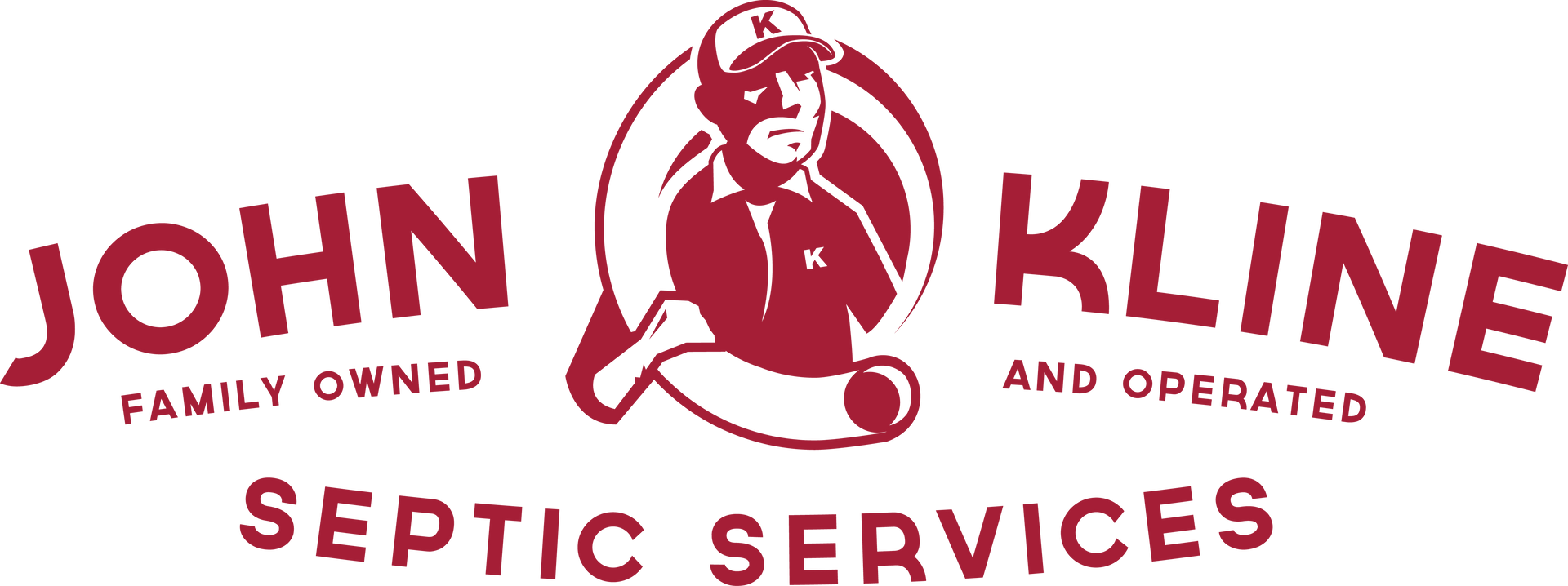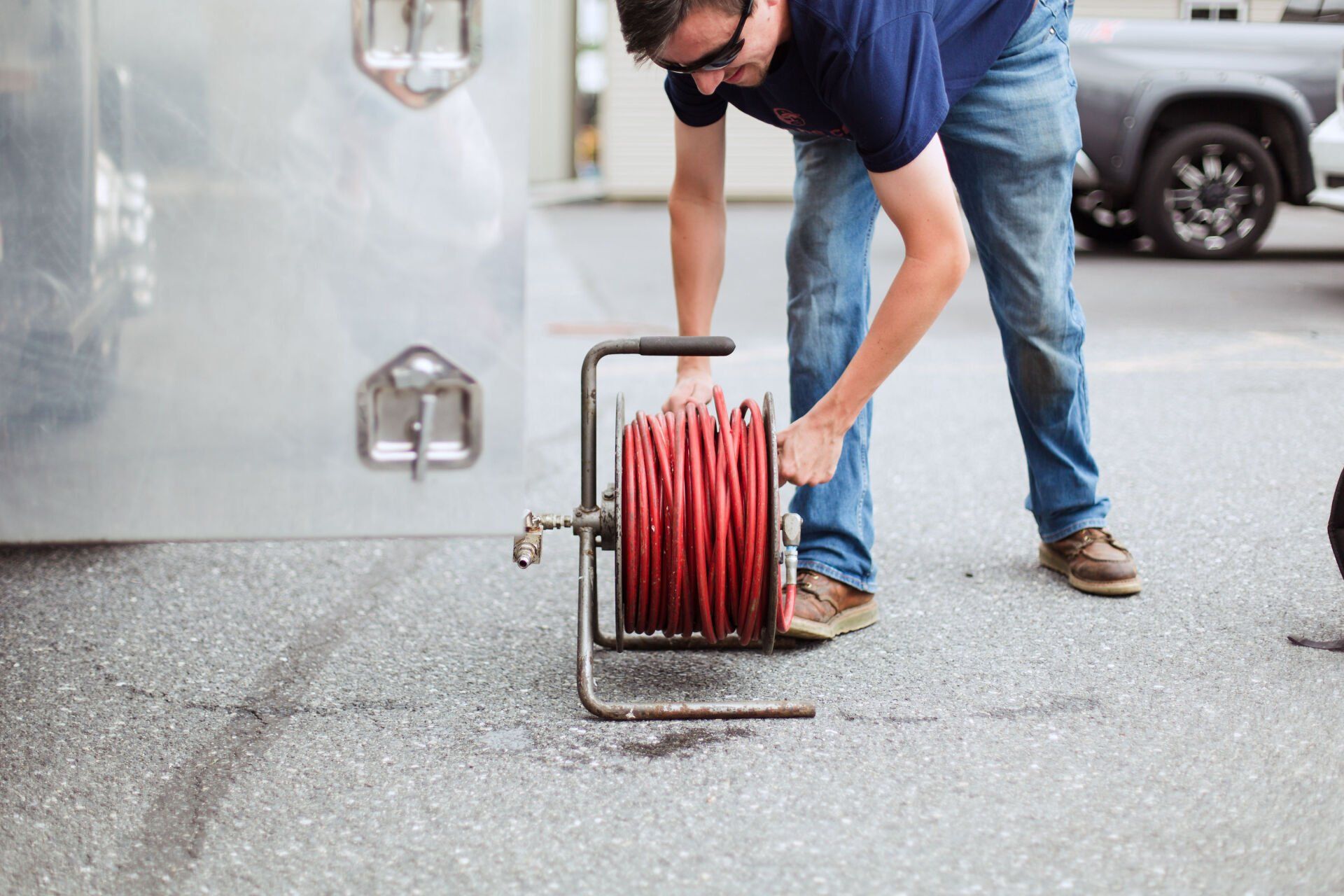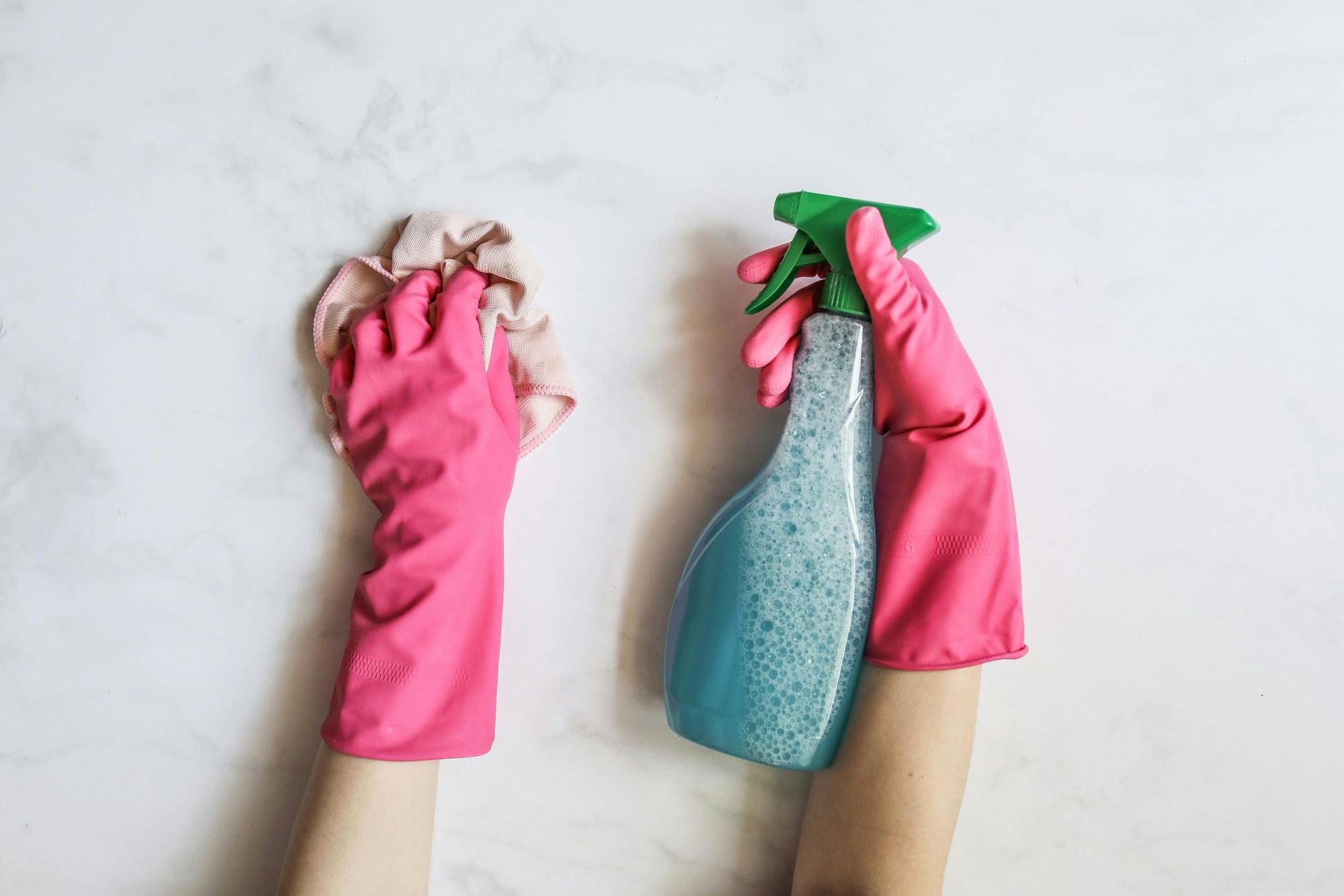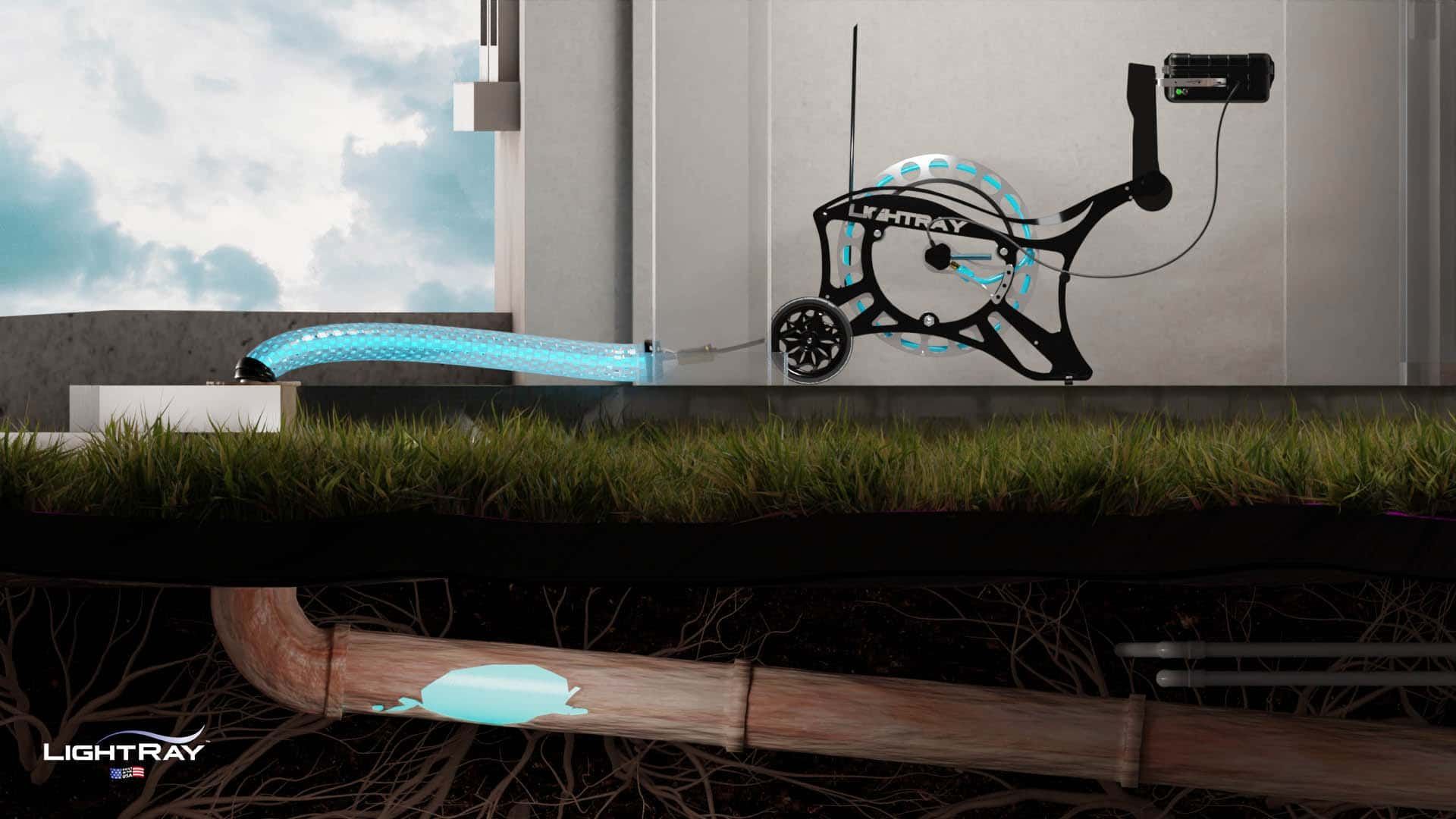8 Things You Might Not Know About Your Septic System
Rachel Kline • November 29, 2020
And how to keep it working properly for years to come!
If you have a septic system, you probably know how crucial it is to your home and the environment. But we bet you didn't know some of these fun facts! Today we're sharing some of the surprising, the gross and the interesting things about your home's most important utility. Keep reading or contact us today
to schedule your Central Pa septic pumping.
1. Every Home and Business Has a Different Pumping Schedule
We recommend every homeowner have their septic tank pumped out every 2-4 years, but there are many factors to consider when it comes to keeping your septic tank working properly. The number of people in your home, the size of your septic tank, your average water usage, and the age of your system just to name a few. For this reason, everyone has a different pumping schedule. Fortunately, a professional septic company (like us!) can help you determine the ideal pumping schedule for your system, and we'll check in yearly to ensure you never go off track.
2. Chemicals and Drain Cleaners Can Hurt Your Septic System
If you're experiencing a clogged drain or backed up pipe, your first reaction might be to grab a bottle of Liquid Plumber or another chemical cleaner. While a quick-fix is tempting, these chemicals can wreak havoc on your septic tank. Your tank is full of good bacteria that help to break down solids and waste, and the chemicals in the drain cleaner can destroy the balance of good bacteria in your septic tank. When solids can’t be broken down, they can leak either into your yard or back up your pipes and into your home. The result of this leakage isn’t just a damaged tank, but a very smelly yard as well.
2. Your System is More Than Just Your Tank
When most people think about septic systems, they think about their septic tank. However, your septic system is made up of a lot more than just your tank. Your septic system includes the drains in all of your sinks, your toilets, showers, and bathtubs. It also includes the pipes attached to these drains, responsible for transporting waste into your septic tank. After your pipes, of course, is your tank. Your drain field, located in your yard, is also part of your septic system. All of these elements work together to take, transport, dispose of, and treat the waste in your home. For a complete breakdown of the parts of your septic system, click here.
4. Your Septic System Is More Than Just Your Toilet
When you think about your septic system, what comes to mind? For most people, it’s your toilet. However, your septic system isn’t just about your toilet. Your septic system includes all of the sinks in your home, in your kitchen, bathrooms, and anywhere else. It includes your showers and bathtubs, and your laundry too! Your septic system isn’t just responsible for treating wastewater from your toilet. It’s actually responsible for treating all of the wastewater in your home.
5. Your Septic System Affects the Groundwater on and Around Your Property
In addition to treating your wastewater, your septic system impacts the groundwater that exists on your property. Here's a quick lesson... When water from your home goes down your drains, it goes to your septic tank where solids and liquids separate. And eventually liquids travel to the drain field next to your septic system. In your drain field, water is filtered out and released into the ground as clean groundwater. For this reason, when your septic system isn’t working correctly, it can lead to contaminated groundwater. All the more reason to make sure your tank is serviced regularly! When we service your system, we'll perform a thorough inspection to help detect any issues that could lead to contaminated groundwater, backups or clogs.
6. You Can Over-Saturate Your Drain Field
Your drain field does the job of filtering waste water back into the ground. On occasion, it can become flooded - due to rain - or due to excessive water use. When this happens, your drain field is incapable of treating waste water, leading to contaminated groundwater on your property, which can be harmful to your local ecosystem. Most causes of drain field flooding can be avoided. If you have a big family, stagger your showers and baths, instead of doing 4 loads of laundry in one day, try spacing them out.
7. You Can Extend the Life of Your System with Routine Maintenance
You might have heard that your septic system has a lifespan and that's true. On average, a septic system won't give you problems for 15-20 years if you've had it serviced. Like any piece of equipment, it will eventually need repairs or require replacing. However, there are things you can do to extend the lifespan of your septic system. Proper septic system maintenance
is one of the best things you can do, including addressing any problems that come up as soon as they arise. Sticking to a regular pumping schedule is equally important. You can also ask us to perform a site visit, especially when your system is getting older, so that you can be aware of any problems and the condition of your system at all times. Ready to schedule your Central Pa septic service
now? Click here.
8. Cold Weather Makes Septic Pumping More Difficult
Fun fact #8... Did you know that it’s harder to pump your septic tank in the winter than in the summer? When the weather gets extremely cold, the ground can freeze, making it difficult to dig out your manhole cover and get to your septic tank. Cold weather can also lead to frozen pipes so be sure your tank and pipes and well insulated. Snow can pose a problem as well, making it tricky to find your clean out or locate your tank components. Cold weather typically leads to more time spent digging and locating your clean out or manhole cover, so save yourself the extra cost and be sure to have your septic tank serviced before the ground freezes.
The more you know, the better you can care for your Central Pa septic system
and save yourself money on unexpected service visits and repairs. We hope you found some useful tips here and if you have any other questions we're happy to answer them! Overdue for your septic tank cleaning? Give us a call
today to get back on track. We'll assess your tank levels and come up with a routine maintenance plan to keep things flushing smoothly.






